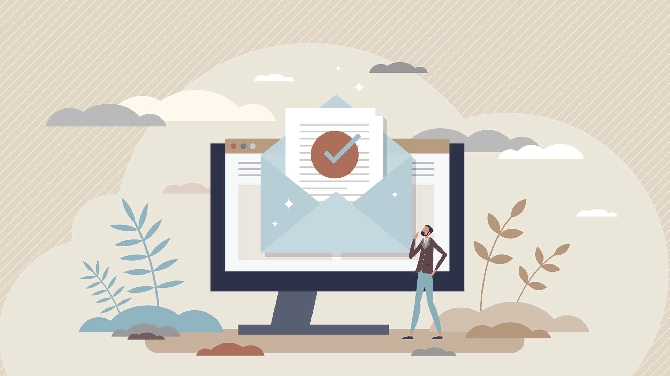In the current economic climate, every business in the UK is feeling the same pressures regarding profit maximization. There exists a plethora of precise targets, ranging from increasing profits to reducing overheads and carbon emissions.
Enter your energy supplier. In the UK, an average small business (with 10-49 employees) spends a staggering £19k a year on gas and electricity – so securing the very best off-grid, commercial energy source and deal couldn’t be more vital to your bottom line.
For decades, oil has been considered the fuel of choice for off-grid businesses — catering to both commercial and domestic needs. However, price volatility over the years matched with rising environmental pressures mean the likes of LPG (liquified petroleum gas), LNG (liquified natural gas) and of course renewables are becoming increasingly more favourable options for the off-grid business community.
That said, it is hardly surprising. The likes of LPG provide a billion businesses and people across the globe with a versatile, reliable and secure supply – that’s both cleaner and more efficient than traditional fossil fuels. This means they benefit from swift cost savings and a lower carbon footprint to boot.
Thankfully, if you’re business or home is still relying on alternative energy methods, the process of transferring to LPG is simplistic. However, prior to doing so, asking the following questions will help ensure everything is implemented in the most efficient way possible, proving painless for everyone involved.
Here LPG suppliers, Flogas, offer some insight:
What actually is LPG?
It might seem pretty obvious, but if you got asked ‘what is LPG?’, would you be able to answer accurately? LPG (Liquefied Petroleum Gas) is a blanket term for two types of natural gas: Propane (C3H8) and Butane (C4H10) – both of which are easily converted into a liquid by cooling or adding pressure.
LPG is a natural by-product of natural gas and oil extraction (66%) and the refining of oil (34%). It’s an exceptional and efficient source of energy, that would otherwise go to waste if not captured.
Is LPG reliable?
LPG exists as one of the most reliable sources of energy. With LPG, it’s like having a mains gas supply, off the grid. It has multiple, major sources making it a widely available, secure energy source that’s in global abundance.
There’s a strong network of depots and storage facilities across the UK, so you can always rely on a dependable supply. Also, tanks nowadays typically feature telemetry systems, allowing for remote monitoring and auto top-up, so you never run out.
On a scale of 1 to green, how environmentally friendly is LPG?
Cleaner than the most other fossil fuels, LPG is helping to improve air quality and reduce greenhouse gas emissions. It emits 33% less CO2 than coal and 15% less than heating oil, with virtually no black carbon (a major contributor to climate change). What’s more, it doesn’t pose a risk to soil or groundwater and releases less nitrogen oxides (NOx) than most other fossil fuels. The result for companies? A lower carbon footprint and a cleaner, more futureproof supply.
LPG: is it right for my business?
Thanks to its versatility, LPG can basically be used anywhere. In fact, it has more than 1,000 uses. Available in LPG tank form or in handy cylinders, it’s used across a vast array of commercial industries – from leisure, hospitality and agriculture through to the likes of industrial heating and manufacturing processes, including steam generation. Additionally, it can be used as efficient forklift truck fuel or to run greener vehicle fleets. You can find an exhaustive list on the UKLPG website.
Is it going to save my business money?
Despite the fact everyone will reap the rewards of switching to LPG, the savings are most notable for companies who use more energy. This is particularly true for those still relying on oil. LPG has a higher calorific value per tonne than oil, making it more energy efficient. It is also cleaner, so requires far less maintenance – meaning businesses can reduce costly downtime.
What about LNG?
Thanks to the fact liquefied natural gas (LNG) has been cooled to a very low temperature (-162ºC), it is extremely compact and light to store and transport. It’s a particularly popular option amongst more energy intensive off-grid companies (across all sectors), for example, those using a high amount of oil (kerosene, gas oil or HFO) to drive larger manufacturing or industrial processes. It is also ideal for large logistics operations, such as road haulage and shipping, as well as for powering emergency backup generators at large usage sites.







